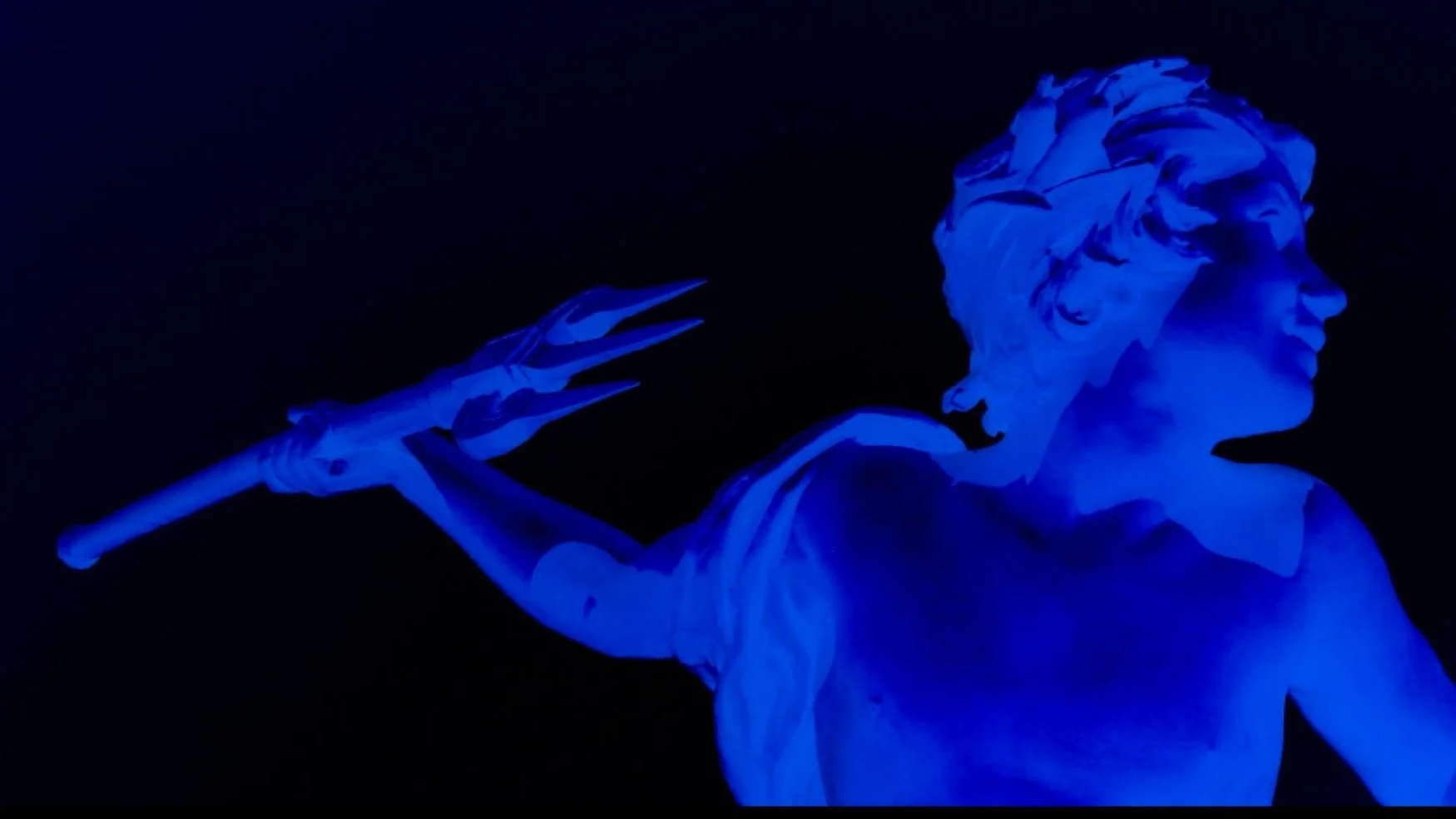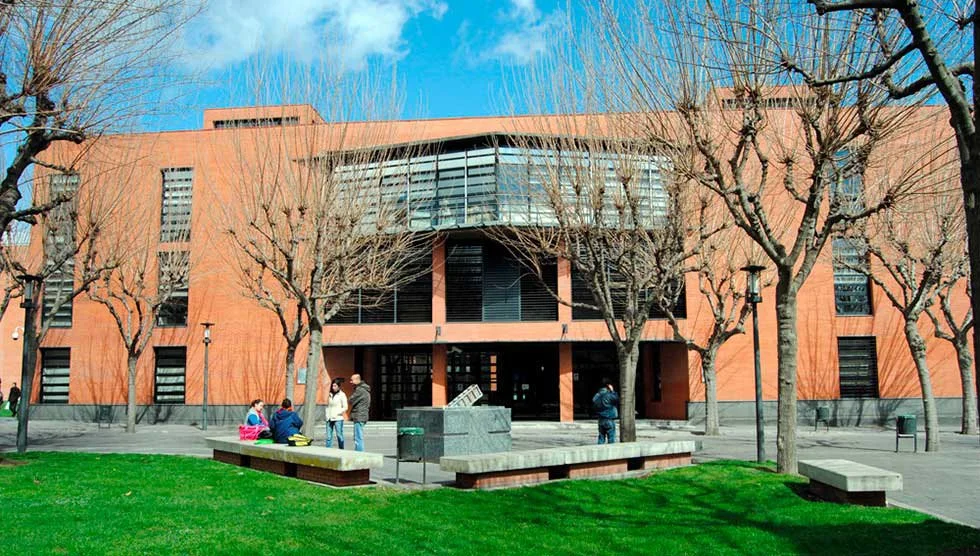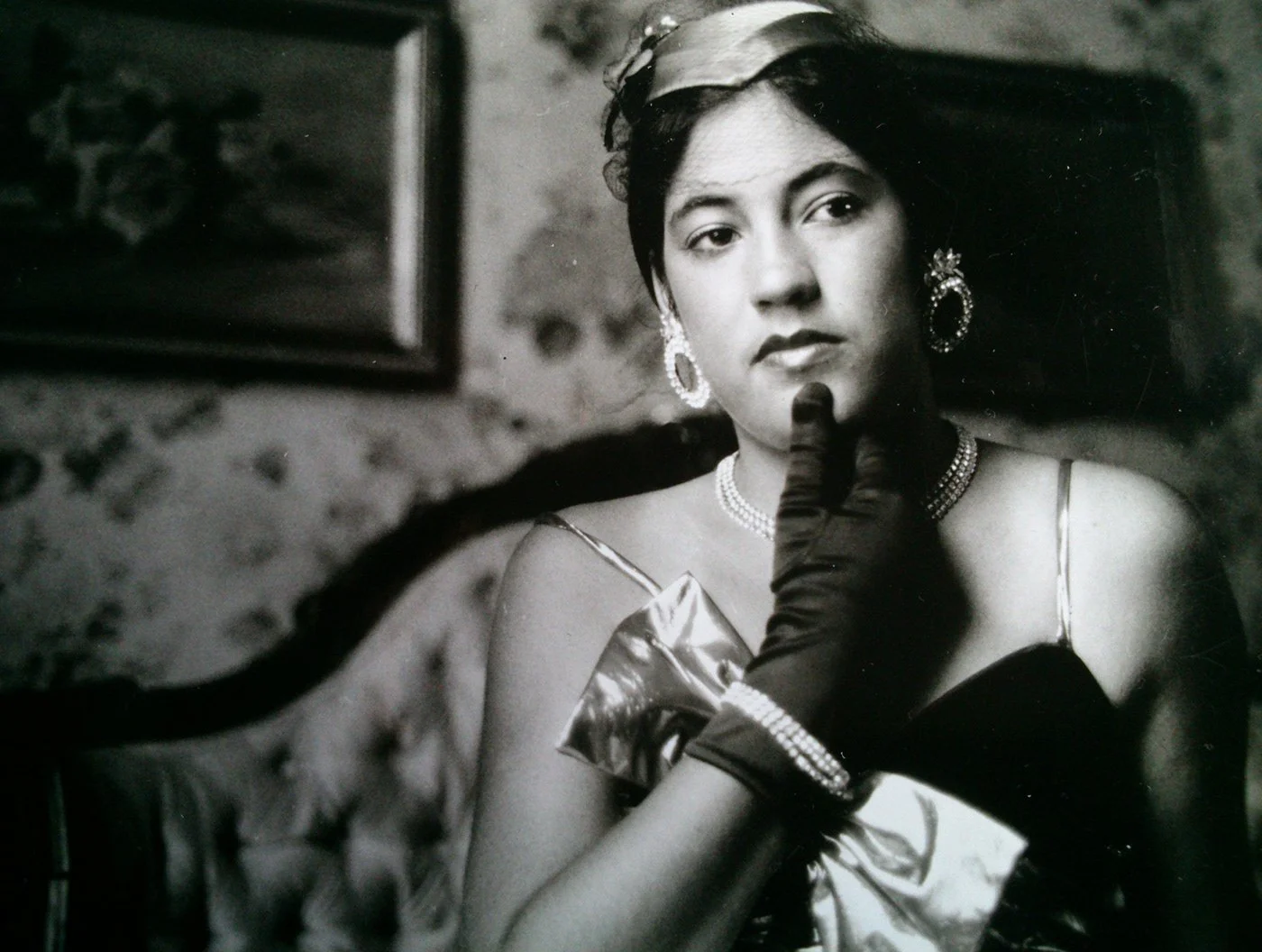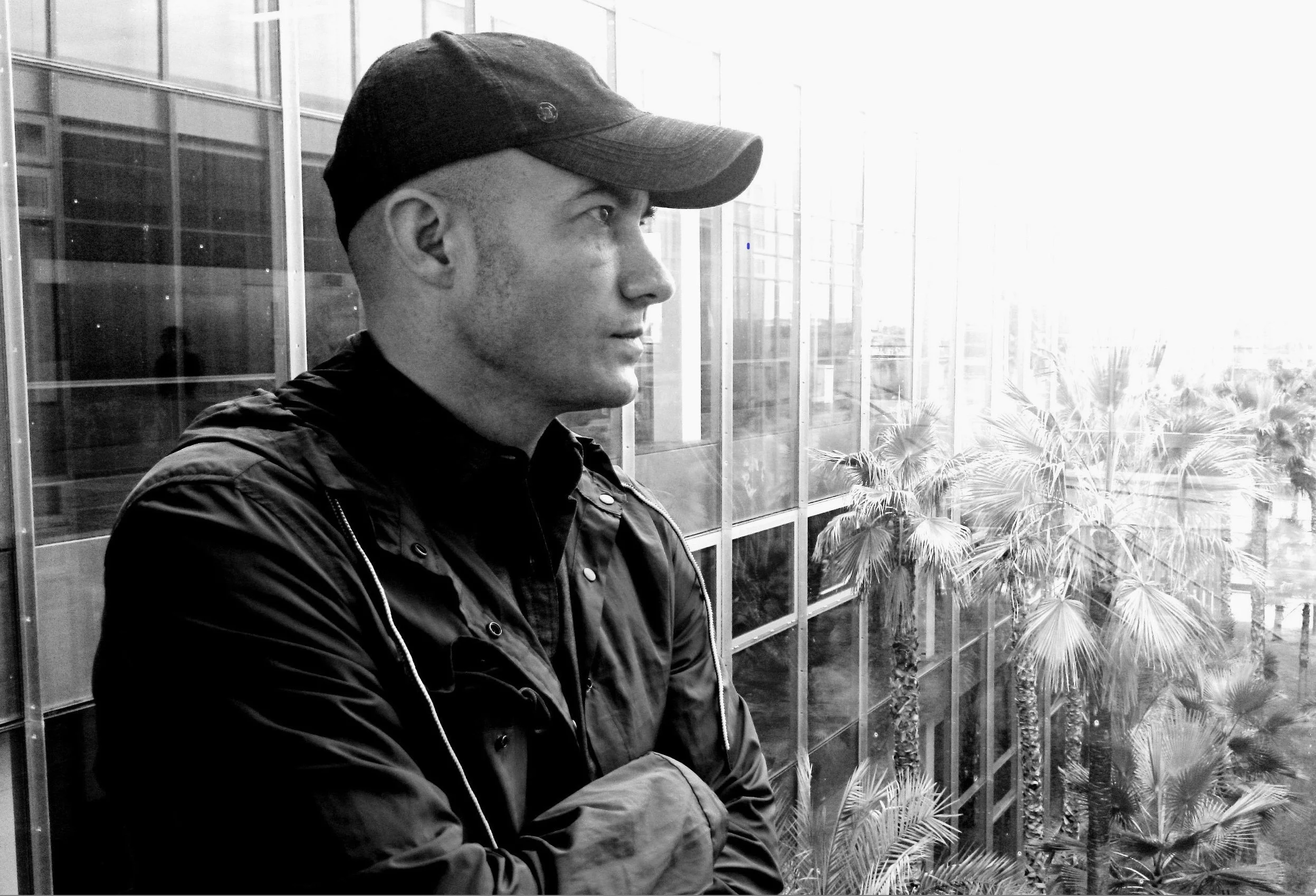Collaborator and featured filmmaker for Documentary! New Trends New Formats MOOC (Massive Online Open Course) by Universidad Carlos III de Madrid for edX by MIT/Harvard University. “This course features new trends and formats in contemporary documentary film with a focus on innovative works in an interactive and multi-platform environment.” I edX
“Pedro Valiente participated, and was a featured filmmaker, in Documentary! New Trends New Formats, a MOOC developed by Universidad Carlos III de Madrid for edX, the online learning platform by MIT and Harvard. This course covers contemporary trends in documentary filmmaking, emphasizing innovative practices within interactive, transmedia, and multi-platforms.
It fills in topics such as web documentaries, cyberactivism, mockumentaries, and brand documentaries, offering learners a comprehensive understanding of evolving documentary forms. The course is enriched with multimedia resources —including videos, infographics, and timelines— and contributions from international scholars and professionals in the field.
Valiente’s work included contributing in media content and sharing his own filmmaking experiences, enhancing the course’s practical insights. Notably, this MOOC was among the first Spanish-language courses launched on edX, marking a significant step in expanding accessible, high-quality film education globally.”
Documentary! New Trends New Formats
2015 Documentary! New Trends New Formats MOOC by UC3M for edX MIT/Harvard University
MOOC
MOOC Massive Online Open Course: course of study made available over the internet without charge to a very large number of people.
OVERVIEW “This course features new trends and formats in contemporary documentary film with a focus on innovative works in an interactive and multi-platform environment. It includes an overview of essential authors and genres, as well as the contribution of national and international scholars, professionals of the field and documentary makers. The learning experience is enhanced with videos, slideshows, infographics and timelines, to provide the learner with an interactive, reflective and entertaining experience.”
TEAM: Director: Pilar Carrera I Collaborators: Eva Herrero, Clara Sáinz de Baranda, Pedro Valiente
PROJECT: MOOC by Universidad Carlos III de Madrid
PLATFORM: edX MIT/Harvard University I edX I © 2015 UC3M I edX
— Photo: Alfredo Miralles artist/manager at work for Crossing Stages at Frankfurt airport, Germany
[SPANISH] “Este curso presenta las nuevas tendencias y formatos del documental audiovisual contemporáneo, prestando especial atención a las prácticas más innovadoras en un contexto interactivo, transmedia y multiplataforma. Incluye una aproximación a los géneros y autores fundamentales, y cuenta con la participación de profesionales del sector, documentalistas y académicos. A través de vídeos, infografías, animaciones y timelines y un amplio repertorio de recursos y materiales complementarios, se busca ofrecer al alumno claves creativas y eficaces en el momento actual.” I Site
"I worked as associate lecturer (profesor asociado) on lectures in a Bilingual Program including Erasmus students, communication director for Crossing Stages European arts project, and co-produer of a MOOC for edX by MIT/Harvard University.
edX selected three institutions to launch its first MOOCs in Spanish: Universidad Carlos III de Madrid, Universidad Autónoma de Madrid, and Secretary of Education of Mexico. Out of 20 projects, three were selected, and that’s how Documentary! New Trends New Formats was one of the first edX courses on documentary filmmaking.
Vicedean Pilar Carrera directed the project. Lecturer Eva Herrero worked mostly on academic development and production. Along with lecturer Clara Sáinz de Baranda, I supported academic work and contributed to produce media content. On the side, my work was featured through a documentary film and an interview.” — PV
UC3M Projects
Photo: In the frame of Documentary! New Trends New Formats, the series is a visual practice in Paris for Crossing Stages, European arts project by U3CM. It shows people on black/white as (traditional) non-fiction in contrast with elements of same locations on black/blue as (experimental) non-fiction.
edX Trailer (1:57)
[ENGLISH] “This MOOC is divided into the following segments: 01 Documentary film is in vogue 02 Flashback: Introduction to documentary film history 03 Web documentary: Reinventing documentary film on the Internet 04 Cyberactivism and political documentary in a viral ecosystem 05 F for Fake or false documentary moving to the rhythm of social networking 06 News and thematic documentary: Nature, culture, history, science 07 Creative documentary film in times of crowdfunding 08 Brand-Documentary: New strategies in advertising.”
[SPANISH] “Este MOOC consta de los siguientes módulos: 01 El documental está de moda 02 Flashback: Introducción a la historia del documental 03 Documental web: Reinvención del documental en Internet 04 Ciberactivismo y documental político en el ecosistema viral 05 F for Fake o falso documental a ritmo de social networking 06 Documental de divulgación: Naturaleza, cultura, historia, ciencia 07 Documental de creación en tiempos de crowdfunding 08 Brand-Documental: Nuevas estrategias publicitarias.” — edX
MOOC Episodes
MIT Open Documentary Lab I edX MOOC I edX BIO I edX PDF I edX TRAILER I Indilibre I Coursebuffet I CCSubs
Links
edX Overview
edX Mooc
Photo: © 2015 UC3M I edX
edX Syllabus
edX Presentation I Syllabus PDF
Photo: © 2015 UC3M I edX
Documentary! New Trends New Formats presents Pedo Valiente’s film work screening Cuba 15 short film and an interview at UC3M Puerta de Toledo in Madrid, both as part of a MOOC episode including related content and practice.
Cuba 15 (14:46)
edX Interview (6:05)
“A documentary film is a way of artistic expression that, more than capturing reality, transforms it.”
— Interview on edX
Interview
edX Interview
Written version
What is documentary filmmaking to you?
Documentary filmmaking is an artistic form of expression that does more than capture reality —it transforms it. It’s about finding deeper truths, uncovering the unseen, and revealing the emotional and intellectual layers that lie beneath the surface.
What are the subjects of your films?
Documentary filmmaking, for me, is more than a need, it’s a true passion. I’m constantly drawn to subjects and, most importantly, characters who come into my life, particularly in non-fiction projects. The experience of working in fiction or theater can feel different, but it’s the real-life stories that resonate most with me.
What’s the aim of your work?
Living in different countries has been a huge inspiration for my work, and I continue to be inspired by the experiences I have in Spain. Filmmaking, to me, is about portraying characters in action within a specific visual context. Characters are the essence of my work. In non-fiction, real people become the heart of the story, their dreams, struggles, and challenges offering a rich narrative. I’m drawn to what drives them, what motivates them, and how their lives unfold.
Can you tell us about one of your films?
New York Spin is my first documentary feature film. It runs for 87min, with a 60min version created for television. The film follows a foreigner living in New York who wants to make the most of his time in the city before returning to his home country. Along the way, he finds inspiration in the diverse people he meets, capturing the spirit of the city through these encounters. Filmmaking, like art, is not just about a beginning or an end; it’s about the journey —both as an artist and as a human being. New York Spin ultimately became a multicultural portrait of the city, showcasing friends from different countries, ethnicities, and faiths. The convergence of their stories and perspectives gave the film a unique local flavor, but also a universal message that resonates with people from all walks of life.
How is technology affecting filmmaking?
Digital technology has deeply influenced both documentary filmmaking and cinema as a whole, just as it has impacted our everyday lives. I believe it’s more than just a distribution tool —it’s a powerful vehicle for creativity. For a long time, cross-media has been designed for various platforms. Now, transmedia opens up opportunities not only for wider distribution but also for the development of richer, more dynamic content.
Do you use technology in your projects?
Reality is what it is, but life is audiovisual. Our daily lives are intrinsically connected to visual media, especially smartphones. Through these devices, we live, breathe, feel, create, and work… and this extends to cinema and documentary filmmaking. In the age of citizen journalism, it’s true that anyone can create non-fiction content. However, for professionals and artists, embracing technology opens new ways of expression and creativity, allowing us to tell stories in innovative ways.
Do you think about screening devices for your films?
As a filmmaker with a background in writing and performing arts, my work often blends different forms of expression. For example, last month we traveled to Northern Mexico to create what I call portraits in motion of a Tarahumara family. While there is a traditional, anthropological aspect to the project, it’s conceived from the outset not for conventional screens in movie theaters or television but for online platforms. It’s a transmedia project designed for multiple screens, with the intention of offering an interactive, flexible, and open experience.
Interview
Alfredo Miralles, artist/manager at work for Crossing Stages, filming with a smart phone in Italy. Photo for edX MOOC cover.

































































